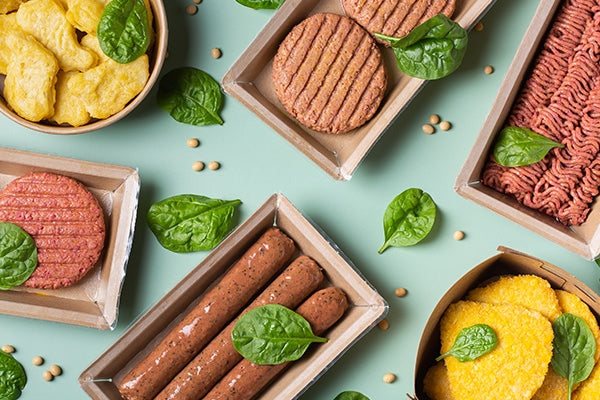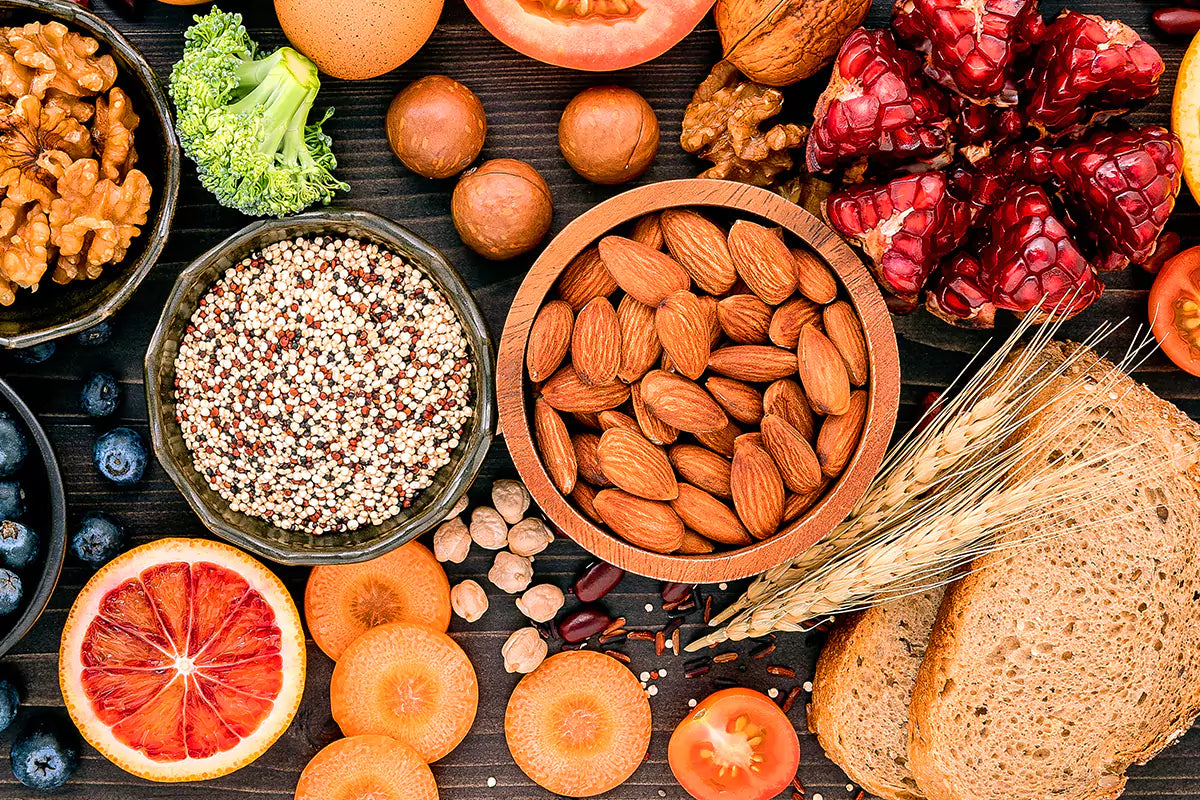
POSTED July 01, 2023
Flourish with Food: Whole vs Processed Plant Foods
Did June’s Flourish with Food nudge you to give plant-based foods more attention?
Just a reminder that both the Mediterranean and MIND approach eating patterns emphasize frequent intake of plant-based foods: fruits, vegetables, grains (mostly whole), olive oil, beans, legumes and seeds, nuts, herbs, and spices.
However, not all plant-based foods are created equal. An easy example: almond milk (processed food) is not a swap for almonds (whole food).
Whole food versus processed food? A popular classification system, called NOVA, was introduced over a decade ago. Foods are classified on a continuum from whole unprocessed/minimally processed (i.e., fresh fruit, instant rice, olive oil, oatmeal, pasta) to ultra-processed (Mac & Cheese, snack chips, Fruit Loops, Goldfish, plant-based meat alternatives, rice mixes).
https://www.hsph.harvard.edu/nutritionsource/processed-foods/
Ultra-processed foods (UPF) are industry formulations of multiple ingredients or are synthesized in a lab. UPF often have some ingredients rarely used in home recipes, such as high fructose corn syrup, hydrogenated oils, starches, chemical additives, and artificial flavors and sweeteners. UPF are often higher in energy density (calories).
Over the past decade, there has been a heightened awareness of the health implications of ultra-processed foods, both plant and animal-based. Researchers have found links to higher rates of type 2 diabetes, low mood, high blood pressure, heart disease and obesity.
Except for fresh produce, virtually all packaged foods in the supermarket today are processed to some degree. Processing generally is for convenience, shelf-life, safety, and/or our senses (taste, texture, smell). All potentially desirable reasons. However, it’s UPF that consumers need a heightened awareness of.
Action message: (1) Take an inventory of commonly purchased foods; (2) check out the ingredients; and (3) look for minimally processed alternatives when you shop.
Some strategies for reducing ultra-processed plant-based foods:
- Buy fewer prepared foods, such as frozen entrees, side dishes and potatoes
- Eat home prepared meals most often. Prepared takeout and restaurant foods are unknowns.
- Read and compare labels on similar foods. Select one with: (1) the fewest ingredients, (2) recognizable ingredients, and (3) most ingredients found in your kitchen.
- Compare ingredients especially on breakfast cereals and snack chip products.
- Choose fresh or plain frozen vegetables, skipping frozen with sauces.
- Buy unsweetened canned or jarred fruits or those packed in juice.
- Snack on apple slices and nut butter or nuts rather than snack chip products.
- Although oversimplifying, the healthy eating author Michael Pollan recommends skipping any food that has more than 5 ingredients.
Homemade tortilla chips:
https://www.simplyrecipes.com/recipes/how_to_make_homemade_tortilla_chips/
Homemade popcorn:
https://www.simplyrecipes.com/recipes/perfect_popcorn/
Recommend using canola oil.
Air Fryer Potato Chips:
https://potatogoodness.com/recipes/salt-and-pepper-air-fryer-chips/
Flourish with Food will focus on the quality of plant-based foods in the months ahead, considering the degree of processing and the frequency of eating.


